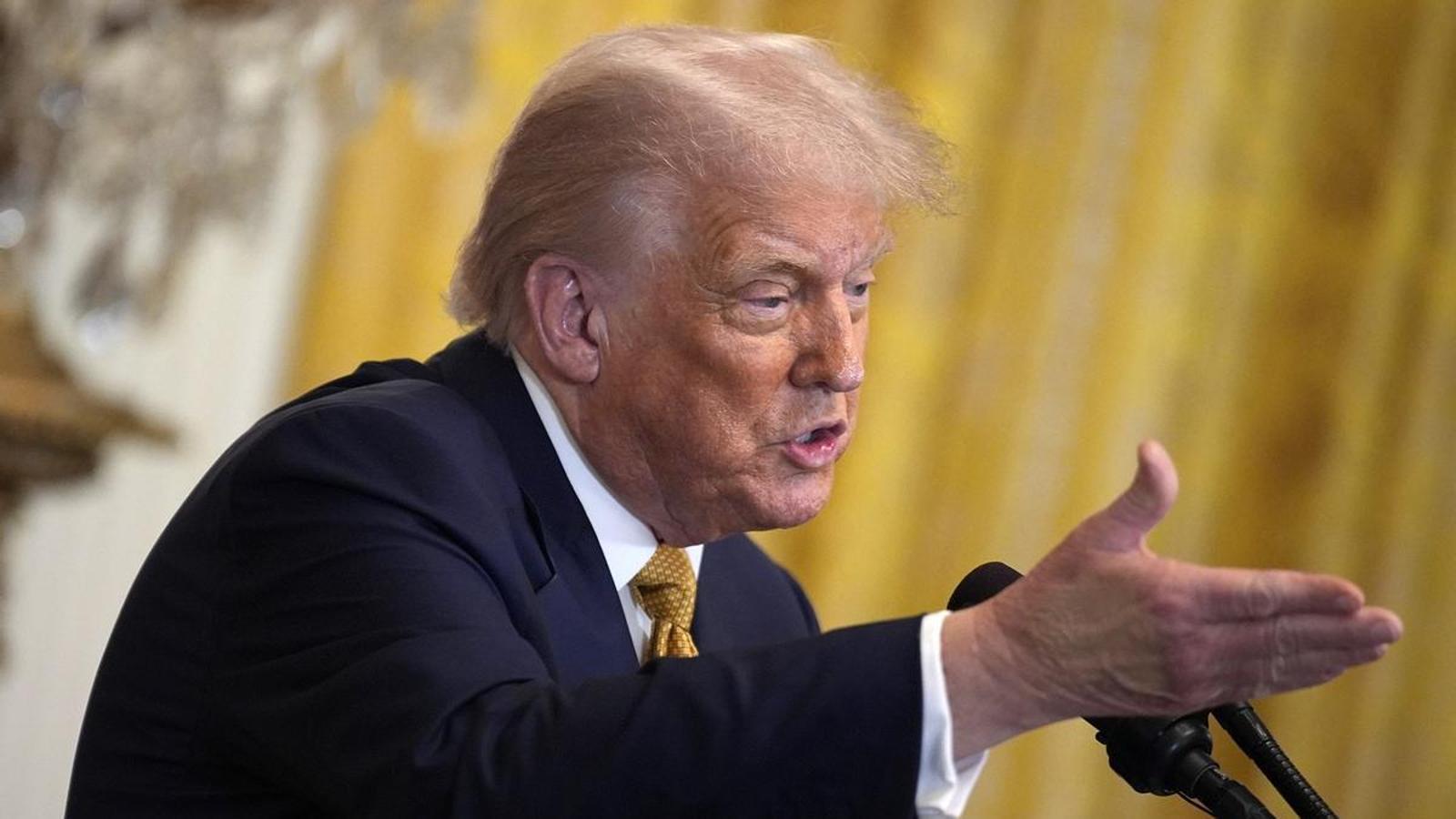Trump on the ruling against tariffs: "The US could become a Third World country."
The US president warns that an appeals court ruling could halt "a historic investment."

BarcelonaUS President Donald Trump warned Monday that if the tariffs imposed by his administration are eliminated, "historic" investment in the country will be halted and the nation could become "a Third World country." The president is reacting after a Washington appeals court ruled last Friday that Most of the president's tariffs are illegal, as he would have abused his emergency powers to declare them.
All were enacted in accordance with the International Emergency Economic Powers Act (IEEPA), a law that gives the president the authority to address "unusual and extraordinary threats" during national emergencies. However, he keeps them in effect at least until October to give the administration time to appeal the ruling to the Supreme Court.
According to Trump, "thanks to the reciprocal tariffs applied, more than 15 trillion euros ($15 trillion) will be invested" in the United States, which he called a "record," and asserted that much of this investment is directly due to his trade policy. "If a radical left-wing court is allowed to eliminate these tariffs, almost all of this investment and much more will be immediately canceled!" he wrote on his Truth Social network.
In the Supreme Court
On the same day the court ruling was announced, the US president hinted that he would fight the ruling. "Now, with the help of the Supreme Court, we will use them [the executive orders] to benefit our nation," he wrote on social media. Trump assumes that the conservative majority on the high court will side with him.
The tariffs, which Trump defends as the magic bullet to solve the country's fiscal deficit, the US president also uses as a leverage tool to extract economic concessions from other countries. For the moment, this trade policy has weakened the dollar and increased volatility in financial markets. The court's decision does not affect tariffs issued under other legal authority, such as Trump's tariffs on steel and aluminum imports.
The IEEPA, which dates back to 1977, had historically been used to sanction enemies or freeze their assets. Trump was the first president to use it to impose tariffs. In the case of Mexico and Canada, he tried to justify the taxes by declaring a crisis at the border due to immigration and fentanyl trafficking. He did the same with China, but only with fentanyl, and said the Asian giant hadn't done enough to prevent the drug from reaching the United States.
